When Harold Wilson stood for election in Sunderland and lost
This article contains affiliate links. We may earn a small commission on items purchased through this article, but that does not affect our editorial judgement.
and live on Freeview channel 276
It was a big day for Harold Wilson in 1964 - when he stood for election in Sunderland.
However, he lost after campaigning that the comprehensive school system was the way forward.
Advertisement
Hide AdAdvertisement
Hide AdIntrigued? Philip Curtis, from Sunderland Antiquarian Society, explains more.
Election fever was growing in 1964.
Could Labour take a win from the Conservatives?
While the real General Election was grabbing the public's interest, Bede Grammar School for Boys held their own mock version.
What made it unusual was that the pupil who stood as Labour candidate was called Harold Wilson, the same name as the real Labour Party leader.
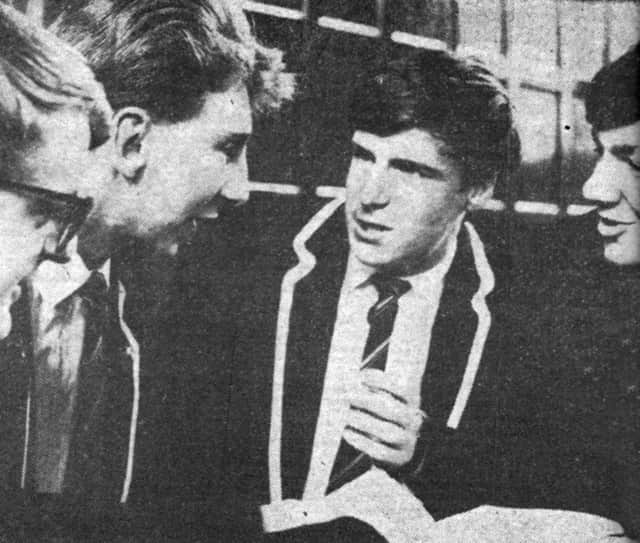

Harold's case for the comprehensive system
Young Harold was a sixth form maths and physics student.
Like his namesake, he believed in comprehensive education, which would have meant the end of Bede as a grammar school.
Advertisement
Hide AdAdvertisement
Hide Ad

He said: “I think it is too early an age at which to decide a child’s future.”
Hundreds voted in the school election
He believed the comprehensive system was more flexible and would achieve greater economy in the use of teachers.
His Conservative opponent, William Blyth, defended the grammar school system.
The Bede General Election was held just before the real poll and the result was as follows:–
William Blyth (Con) 493.
Harold Wilson (Lab) 234.
David J. Winters (Lib) 155.
Peter Crowder (Ind) 46.
D.T.W. Carter (Ind) 12.
Advertisement
Hide AdAdvertisement
Hide AdHarold Wilson lost to the Tory candidate at Bede by 259 votes.
A national triumph for Harold
When the real General Election was held two days later the other Harold Wilson defeated Alec Douglas-Home and became the first Labour Prime Minister for 14 years.
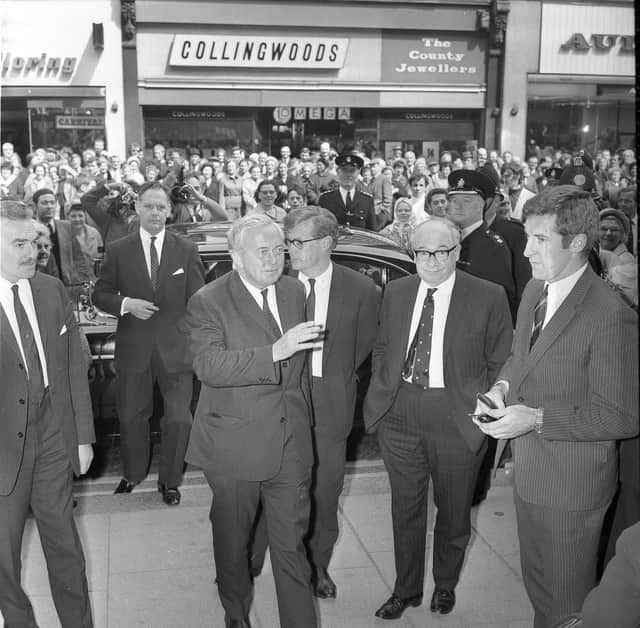

Sunderland also returned two Labour MPs – Fred Willey and Gordon Bagier.
Taking their case to London
In the month following the mock election, sixth formers at Bede Boys’ and Girls’ Grammar Schools organised a petition against the Local Education Authority’s plans to convert grammar schools into comprehensives.
Advertisement
Hide AdAdvertisement
Hide AdBede Boys’ School headmaster, A.J.B. Budge, said at the time: “This petition is being organized outside the school. The pupils are acting completely independently.
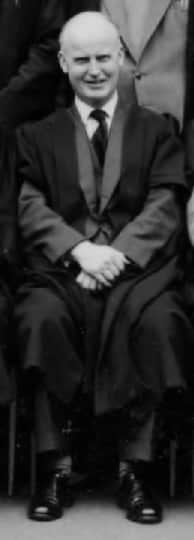

"In the circumstances I feel I have not the right to interfere with their freedom in such matters … after all, the people are in the 18 to 19 age group and have reached a stage of maturity when they must be allowed to express themselves.”
These sentiments were shared by the Bede Girls’ School headmistress, Elizabeth Bradbury, who said: “I want to associate myself completely with the views of Mr Budge.”
4,600 signed the petition
On November 26, 1964 the petition, signed by 4,600 people, was handed to Reg Prentice, Minister of State for Education and Science, at the House of Commons.
Advertisement
Hide AdAdvertisement
Hide Ad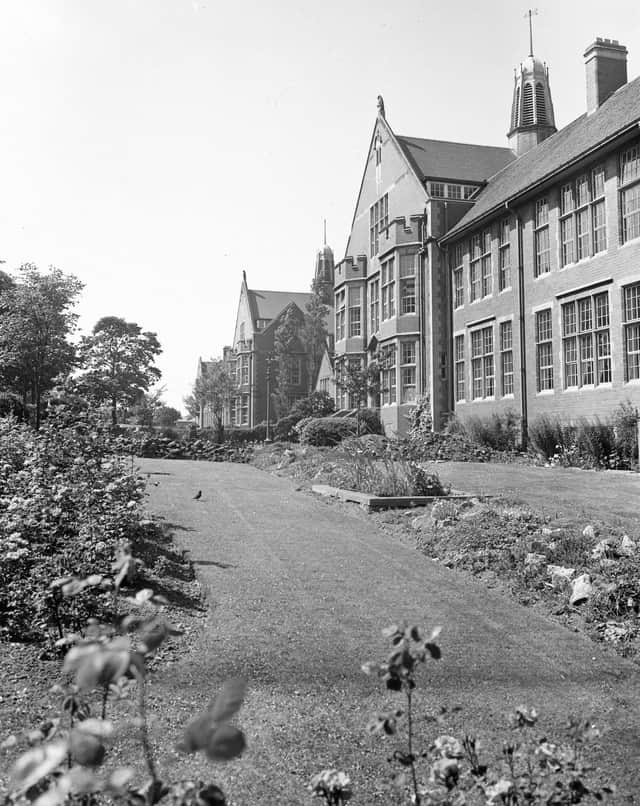

The deputation included William Blyth (who had won the mock General Election) and Jean Barnes, the Head Boy and Head Girl of Bede Grammar Schools, as well as Peter Bettess and Elke Burnham who were the former head pupils who were then studying at London University.
The MP for Sunderland South, Gordon Bagier, introduced the deputation to the Minister who spent 15 minutes chatting with them.
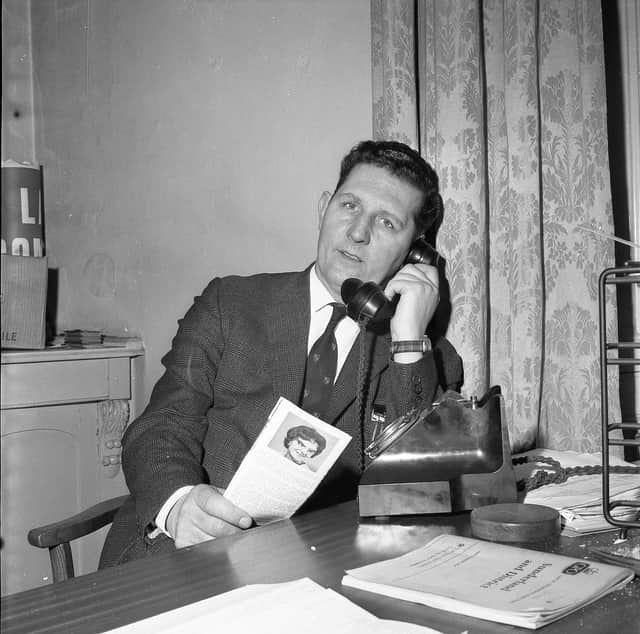

The Minister said that the petition against the loss of grammar school status for Bede Schools would be accepted as evidence of substantial local feeling when the Government considered Sunderland Education Committee’s plan for comprehensive secondary schools.
After a hard-fought battle, Bede Grammar Schools eventually did become comprehensive.
Advertisement
Hide AdAdvertisement
Hide AdThanks to Philip for another excerpt from the Sunderland Antiquarian Society archives.
123 years of Sunderland history under one roof
The society, which was founded in 1900, holds extensive archives which were amassed and donated by the people of Sunderland.
To find out more, interested people should visit the Antiquarian Society’s Facebook page or its website which is at http://www.sunderland-antiquarians.org
You could also get along to its Heritage Centre which is open in Douro Terrace on Wednesdays and Saturdays from 9.30am to 12pm.
And to apply to become a member, email [email protected]
Comment Guidelines
National World encourages reader discussion on our stories. User feedback, insights and back-and-forth exchanges add a rich layer of context to reporting. Please review our Community Guidelines before commenting.